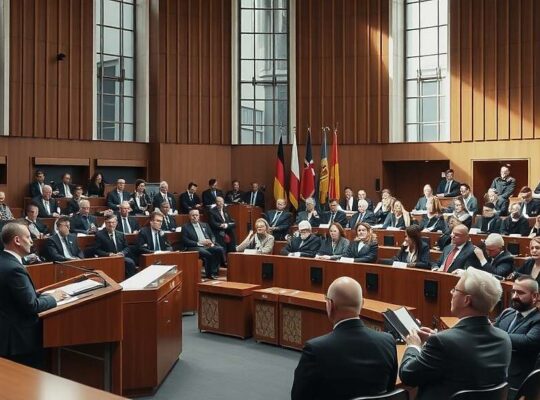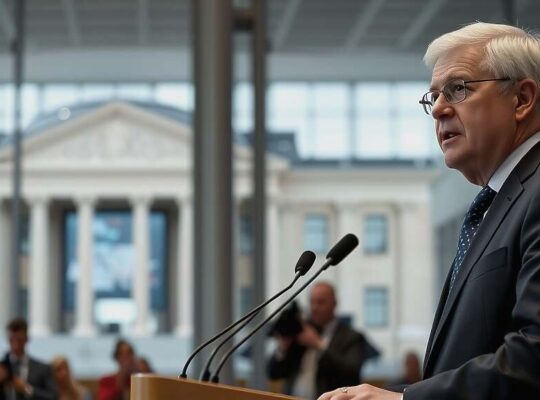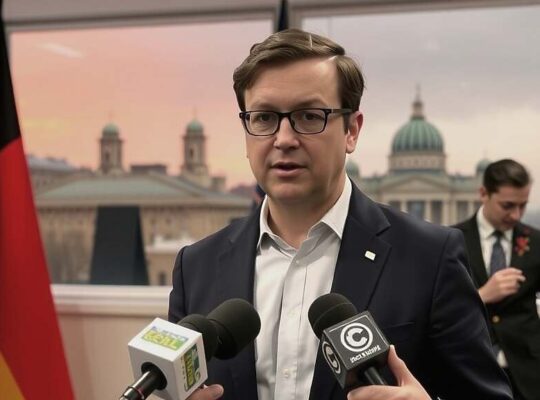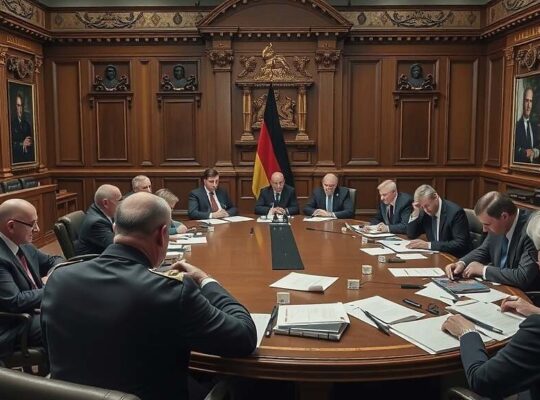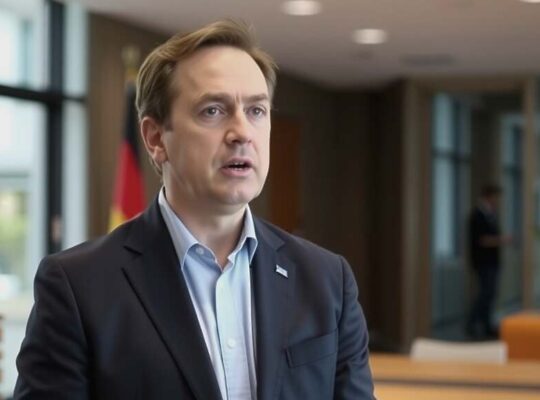Andreas Bovenschulte, the Mayor of Bremen and newly elected President of the German Federal Council, has delivered an inaugural address emphasizing the enduring significance of German federalism. Speaking on Friday, Bovenschulte framed the country’s diverse political landscape not as a source of inherent weakness, but as a vital strength contributing to national resilience. He formally launched his presidency under the motto “Many Strengths – One Country” signaling a deliberate focus on celebrating and leveraging the unique contributions of Germany’s sixteen states.
Bovenschulte’s remarks arrive at a time of intense debate surrounding the future of German federalism. While acknowledging the ongoing discussion regarding potential reforms, he asserted that the cooperative federalism model – characterized by collaboration between the federal government and the states – has demonstrably proven its value, particularly during periods of national crisis. He specifically cited the experiences of the COVID-19 pandemic and the response to Russia’s invasion of Ukraine as evidence of the system’s adaptability.
However, the President’s optimism is not without a layer of political nuance. Recognizing that the federal structure doesn’s exist in a vacuum, Bovenschulte outlined a complex agenda encompassing economic empowerment, the safeguard of liberal democratic principles, a renewed focus on national security and the mitigation of persistent social inequalities. The extent to which the states will meaningfully contribute to these goals and the potential for friction between the federal government’s priorities and those of the Länder, remains a critical question. Some political analysts suggest that Bovenschulte’s emphasis on federal strength represents an attempt to proactively address calls for increased centralized power emanating from within the ruling coalition.
The unanimous election of Bovenschulte, a Social Democrat, to the Federal Council presidency signals a period of consolidation within the existing framework. His term, commencing November 1st, 2025 and concluding October 2026, will be closely scrutinized by observers keen to assess whether his vision of leveraging regional strengths can effectively navigate the multifaceted challenges confronting Germany in an increasingly volatile global environment. Whether his presidency becomes a pivotal moment for reinforcing federalism or simply a period of maintaining the status quo remains to be seen.



